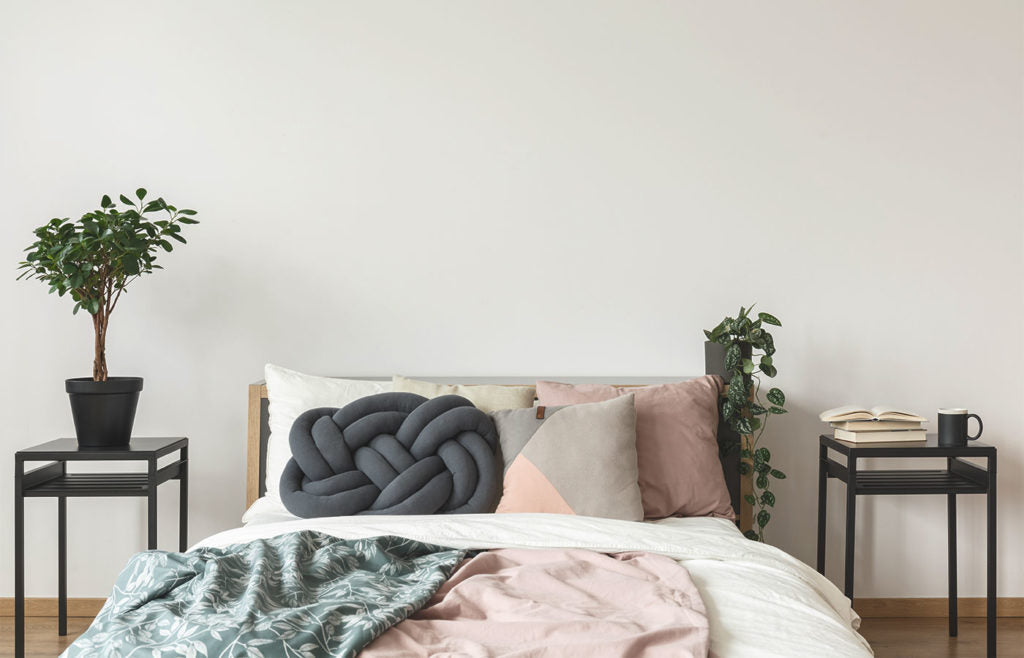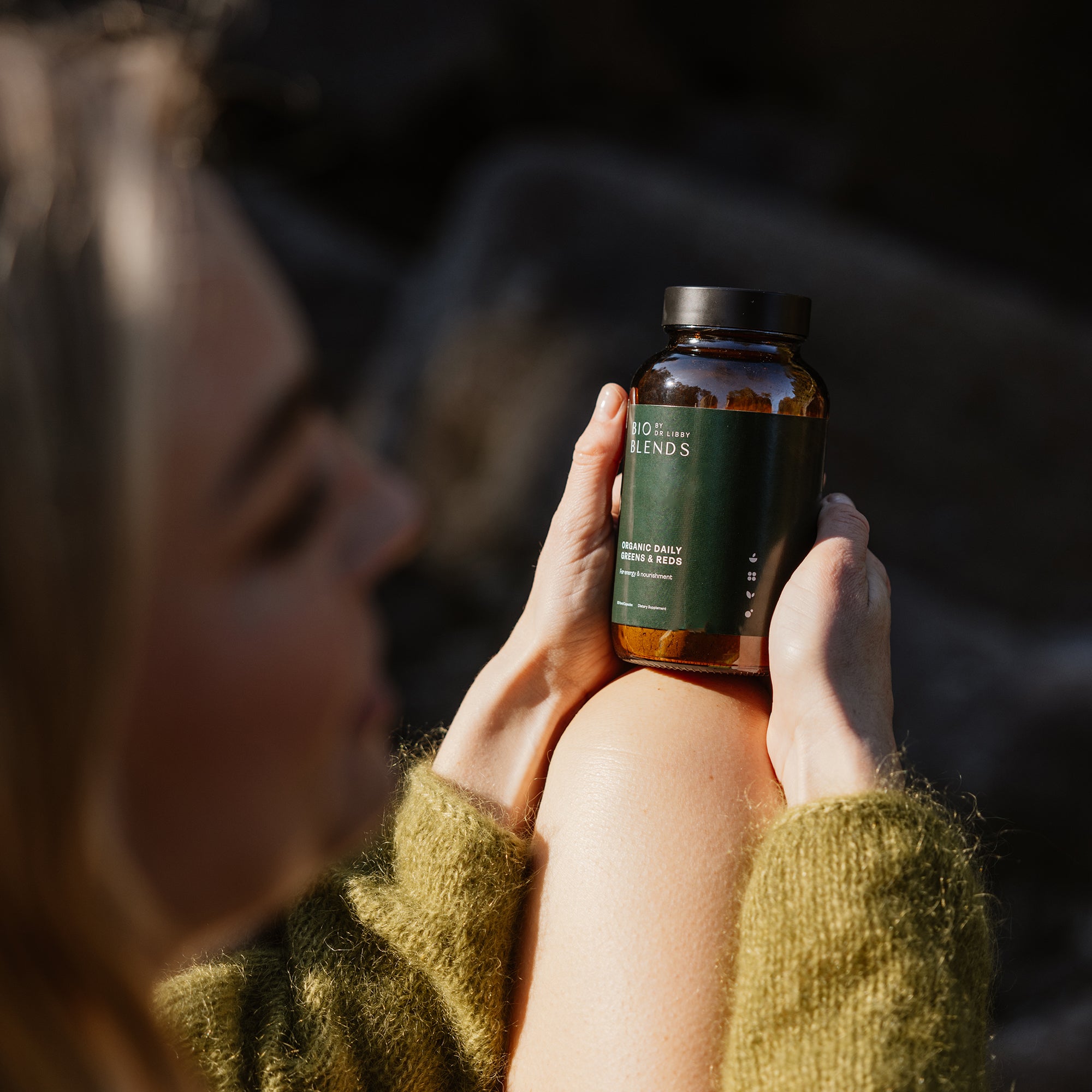
6 tips for supporting restorative sleep
When was the last time you felt truly rested? Getting good quality sleep is one of the foundations for great health. With excellent health and adequate rest, our bodies are better able to regulate our appetite, fight off infections and approach our daily stresses with greater resilience, kindness and compassion. It is impossible to do this consistently without great sleep.
So how can we support truly restorative sleep?
Blue light exposure
Light destroys melatonin, our main sleep hormone, which impacts the body’s rhythmic sleep cycle. Blue light, in particular, emitted consistently from backlit devices such as computers, phones, laptops and TV screens, is a major melatonin disruptor. Try to avoid using any backlit devices within 60-90 minutes of bedtime, and instead try reading a book, journaling, or doing a guided meditation to help you to wind down before you go to sleep.
Regulating our circadian rhythm
Before the invention of electricity, we rose with the sun, and went to bed after the sun set for the day. This routine is very beneficial in regulating our circadian rhythm, the biological clock that tells our body when to sleep, wake and eat. When we are exposed to sunlight first thing in the morning, our production of melatonin drops away, and as it gets darker as night-time falls, melatonin increases to prepare our body for sleep. Aim to wake up at the same time each day and gently (and safely) expose your eyes to the morning light. Try sleeping with your blinds or curtains open and wake up naturally with the sun, or if this isn’t possible, try going outside when you wake up, to expose your eyes to the natural light.
Food choices before bedtime
What we consume, not only right before bed, but also throughout the day, can have a big impact on sleep. Try to avoid caffeine after midday, as this can take up to eight hours to be cleared from the body (and may be even longer for some people). You might also like to consider what you are having for dinner, as some foods or portion sizes can impact sleep. Aim for a light meal in the evening and be mindful of the serving size. Eat your dinner as early as practically possible and try not to eat within 90 minutes of bedtime, as eating too close to sleep can impact your digestive system as well as your blood glucose levels, causing sleep disruptions. A chamomile tea before bed can be lovely and calming for the nervous system.
Stress reduction
If you are someone who struggles to fall asleep because your mind won’t stop thinking about the worries of the day, it’s really important to manage your stress levels to assist restorative sleep. Keeping a journal or notepad and pen next to the bed to do a “brain dump” before you go to sleep can help to process some of those busy thoughts by writing them down on paper. Regularly incorporating stress management practices such as meditation, breathwork, journaling, restorative yoga stretches or breath-focused movement such as Tai Chi can also be really beneficial. A warm, soothing bath before bedtime can also help to support great sleep if this appeals to you. Sometimes our mind is busy because we are actually worrying about what someone thinks of us – if we’ve upset them or if they think we’re selfish, for example – so examining the role these perceptions might be playing in our poor-quality sleep can also be useful.
Sleeping environment
Fostering the right environment for bedtime can be really impactful for the quality of your sleep. Creating a space that is just for sleep (not working on your laptop or watching Netflix), that has the lights dimmed and is a comfortable, cool temperature, can improve sleep quality. Avoid participating in habits that can hinder sleep such as watching the news, scrolling on social media, reading or watching violent or intense content, and instead try listening to relaxing music, sleep stories or binaural beats before bed to foster restorative sleep.
Herbal support
There are certain herbs that support the nervous system, help to uncoil a busy mind, ease anxious feelings, and assist us in falling asleep, as well as helping us to stay asleep. Bio Blends Calm Restore is a synergistic blend of calming herbs containing magnolia, ziziphus, lemon balm, chamomile and withania. Find out more about Calm Restore here.




